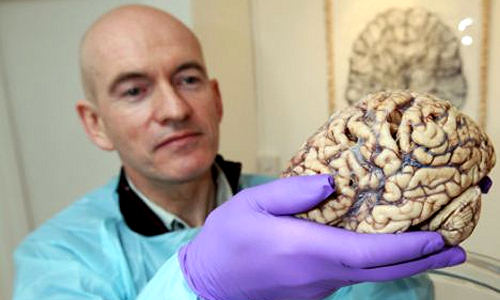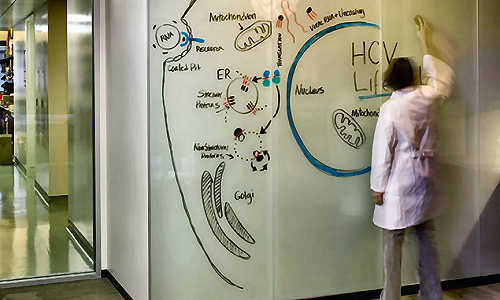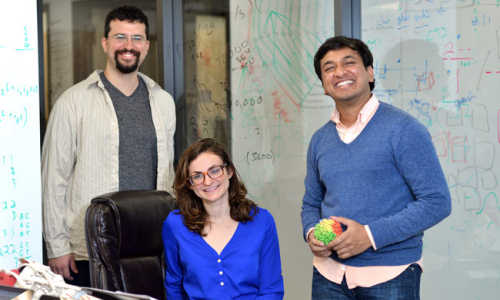How close is genomics to showing us how the human brain evolved? Recently three geneticists at the forefront of human evolutionary genomics joined a discussion on how new technologies and data are changing the nature of their work, and may prove game-changers for understanding the brain’s evolution. (The full discussion is available at www.kavlifoundation.org, or http://bitly.com/1mBxNNq)
One of the keys to their excitement: the massive amounts of new genomic data that is deepening our understanding of the brain, and in ways previously unattainable. “We have so much genomic data now that one can compare at an unprecedented level of detail the genomes of humans with several other primate species to see what’s really different,” said James Sikela, Professor of Biochemistry and Molecular Genetics at the University of Colorado School of Medicine. “That’s a huge new element to the whole story that allows one to find specific genetic changes that are unique to humans, and go from there to explore the impact of those changes on the brain, behavior and cognition.”
New technologies are also allowing neuroscientists to test their ideas about what make the human brain unique in the lab. “We’re in a realm where we can actually test hypotheses based on comparative genomics in experimental systems, and that’s a new frontier,” said Daniel Geschwind, Gordon and Virginia McDonald Distinguished Professor of Human Genetics at the University of California, Los Angeles. “So the study of brain evolution is becoming a bench science…instead of a more computational science.”
And the impact has indeed been great, agreed James Noonan, Associate Professor of Genetics and a member of the Kavli Institute for Neuroscience at Yale University. “Until recently, we didn’t know where the important changes in the human genome were, and we didn’t really have any guideposts to find them. So, in addition to having so much genomic data at our disposal, what’s really changed in the last few years has been the ability to… identify the changes that are most likely to be important.”
Story Source:
The above story is based on materials provided by Kavli Foundation.





